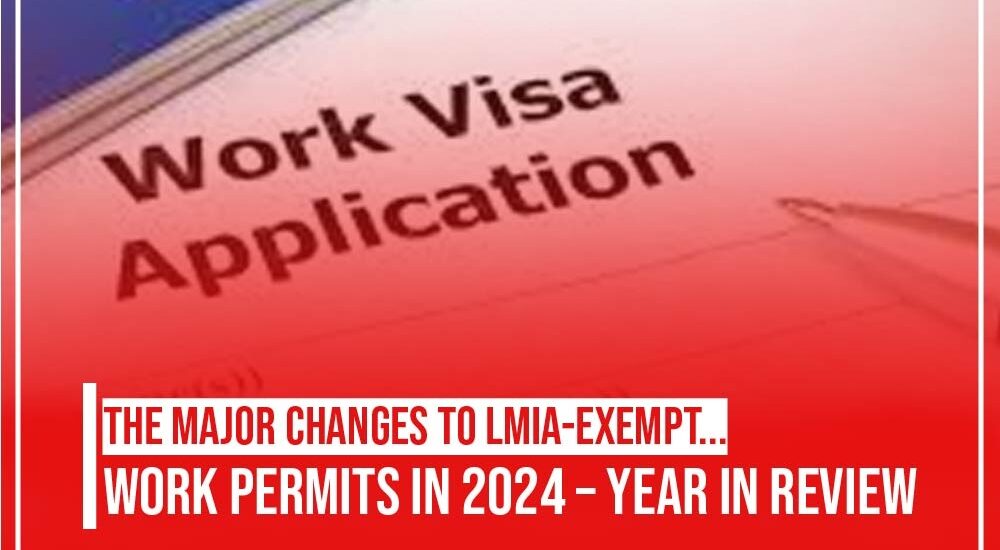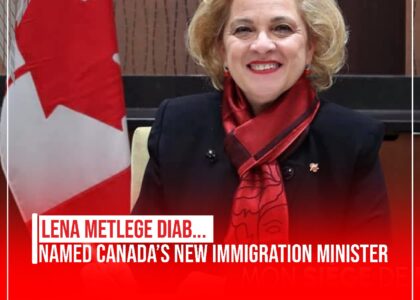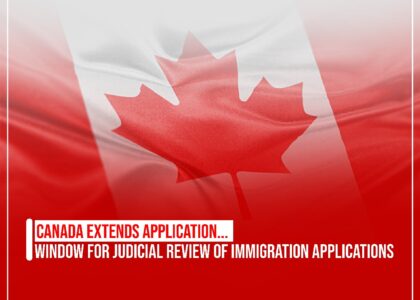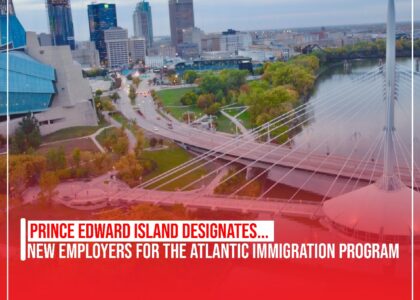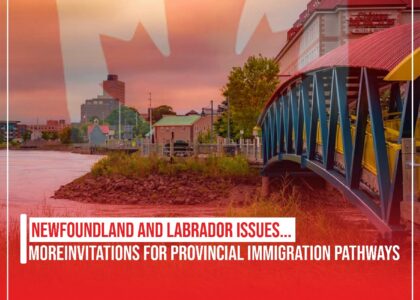In 2024, Canada’s federal government introduced a series of impactful changes to the Labour Market Impact Assessment LMIA exempt work permit system. These updates aim to streamline processes, tighten eligibility criteria, and provide targeted pathways for skilled workers. This comprehensive review highlights the key reforms that have redefined the work permit landscape, helping foreign nationals understand how to navigate the system effectively.
What are LMIA Exempt Work Permits?
LMIA-exempt work permits allow foreign nationals to work in Canada without the need for an employer to prove that hiring them will not negatively impact the Canadian labor market. These permits are primarily issued under the International Mobility Program (IMP) and exclude programs like the Temporary Foreign Worker Program (TFWP) and the Post-Graduation Work Permit (PGWP).
In 2024, several major policy updates reshaped the LMIA-exempt system, affecting eligibility, processes, and compliance requirements.
Also Read: New Eligibility Criteria for Germany Work Visas and Opportunity Card in 2025
Key Changes in 2024 to LMIA Exempt Work Permits
Here’s a detailed look at the most significant policy updates:
1. Mexican Nationals Lose TRV Exemption
- Effective Date: February 29, 2024
- Summary: Mexican nationals are no longer exempt from requiring a Temporary Resident Visa (TRV) to enter Canada.
- Implications:
- Mexican nationals must now meet tightened requirements to qualify for an Electronic Travel Authorization (eTA).
- Work permits can no longer be applied for at ports of entry.
- To qualify for an eTA, Mexican nationals must meet conditions such as having a valid U.S. nonimmigrant visa or holding a prior Canadian visitor visa.
- Reason for Change: This policy was introduced in response to increased asylum claims from Mexican nationals in 2023.
2. Removal of SOWPs for Spouses of Undergraduate and College Students
- Effective Date: March 19, 2024
- Summary: Spousal Open Work Permits (SOWPs) are no longer available to spouses of students in college programs or most university bachelor’s programs.
- Exceptions:
Spouses of students in the following programs remain eligible:- Professional programs (e.g., Medicine, Law, Pharmacy, Veterinary Medicine).
- Bachelor’s programs in Engineering, Education, and Nursing.
- Master’s and Doctoral programs.
- Impact: The policy aims to limit SOWP eligibility to high-demand professional and academic fields.
3. New IMP Work Permit for the Global Hypergrowth Project
- Effective Date: April 15, 2024
- Summary: A new LMIA-exempt work permit was launched under the Innovation Stream Pilot for employees of select high-growth companies.
- Eligibility:
- Candidates must have a job offer in high-skilled occupations under NOC TEER 0 or 1.
- Employers must be part of the Global Hypergrowth Project, which includes companies like Ada Support Inc., AlayaCare, and Lightspeed Commerce.
- Permit Duration: Up to five years.
- Purpose: This initiative supports Canada’s innovation economy by attracting top talent for tech and high-growth industries.
4. New Work Permits for PNP Nominee Candidates
- Effective Date: August 11, 2024
- Summary: Certain Provincial Nominee Program (PNP) candidates became eligible for open work permits.
- Eligibility Criteria:
- Applicants must have a nomination letter from their province/territory.
- Must meet one of the following conditions:
- Hold a valid or recently expired work permit.
- Have applied for a new work permit and restoration of temporary resident status.
- Be authorized to work while their application is pending.
- Objective: This policy helps PNP candidates maintain legal work status while awaiting permanent residency.
5. Revocation of COVID-19 Temporary Public Policies
- Effective Date: August 28, 2024
- Summary: Policies allowing visitors with expired status to apply for job-offer-supported work permits were revoked.
- Reason for Change: The temporary measures, introduced during the pandemic, were no longer deemed necessary.
6. Updated Rules for Intra-Company Transfers (ICTs)
- Effective Date: October 3, 2024
- Summary: ICT eligibility now requires applicants to:
- Be employed by a multinational corporation.
- Demonstrate specialized knowledge in their field.
- Purpose: This change ensures ICT permits align with Canada’s goal of attracting highly skilled professionals.
7. Ban on Flagpoling
- Effective Date: December 23, 2024
- Summary: Temporary residents can no longer use border crossings for same-day work permit applications or extensions.
- Impact: All applications must now be submitted online, ensuring consistency and compliance.
8. Restricting SOWPs for Spouses of Certain Students and Workers
- Effective Date: January 21, 2025
- Summary:
- Spouses of students in master’s programs under 16 months in duration are no longer eligible for SOWPs.
- Eligibility for spouses of temporary workers is restricted to specific occupations and sectors.
- Reason for Change: This policy aims to align SOWP eligibility with Canada’s labor market needs.
9. Extension of TR to PR Policy
- Effective Date: December 17, 2024
- Summary: The Temporary Resident to Permanent Resident (TR to PR) public policy was extended, allowing eligible applicants to receive open work permits.
How These Changes Impact Immigration Applicants
Increased Scrutiny for TRV and eTA Applications
Mexican nationals and other applicants must now meet stricter eligibility criteria for temporary entry into Canada.
More Targeted Work Permits
New policies like the Innovation Stream and PNP nominee permits ensure that Canada attracts highly skilled workers in high-demand sectors, aligning with the country’s economic priorities.
Stricter Eligibility for SOWPs
The narrowing of SOWP eligibility emphasizes Canada’s focus on professionals in critical fields such as healthcare, engineering, and technology.
Streamlined Processes for Long-Term Residency
The extension of the TR to PR pathway supports Canada’s goal of retaining skilled workers and easing their transition to permanent residency.
Why Choose Mansory Immigration Consultants?
At Mansory Immigration Consultants, we understand the complexities of Canada’s evolving immigration policies. Our expert team offers personalized guidance for:
- LMIA-exempt work permits.
- Spousal Open Work Permits (SOWPs).
- Provincial Nominee Program (PNP) applications.
- Intra-Company Transfers (ICTs).
Why Work With Us?
- Expertise: Decades of experience in Canadian immigration.
- Comprehensive Services: From eligibility assessments to application submissions.
- Client Success: Thousands of satisfied clients achieving their Canadian dreams.
Conclusion: Navigating a New Era in LMIA Exempt Work Permits
2024 marked a transformative year for LMIA-exempt work permits in Canada. The changes introduced stricter requirements, innovative pathways, and targeted opportunities for foreign workers. Whether you’re a skilled professional, a PNP candidate, or a student’s spouse, understanding these policies is crucial to making informed decisions.
For expert guidance on your work permit application, contact Mansory Immigration Consultants today and take the first step toward a brighter future in Canada.
Tags: LMIA-exempt work permits, Canadian immigration changes, SOWPs eligibility, Innovation Stream Pilot, PNP nominee work permits, Mansory Immigration Consultants.

